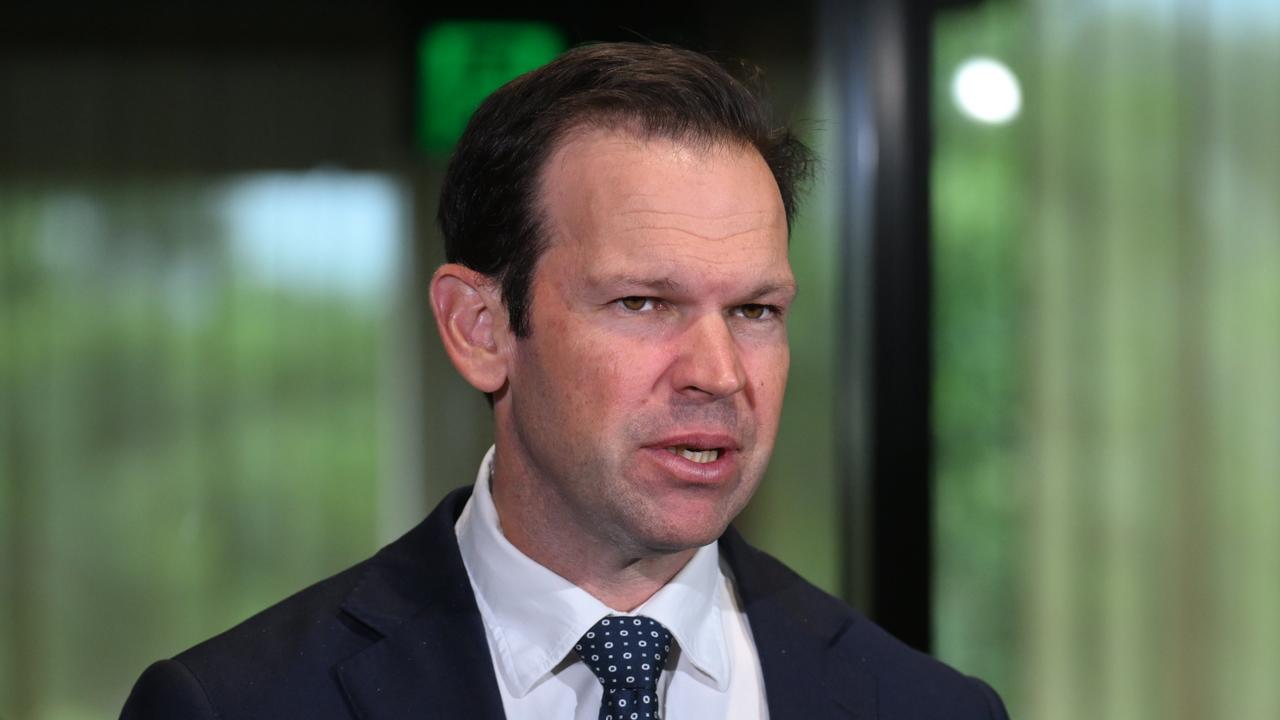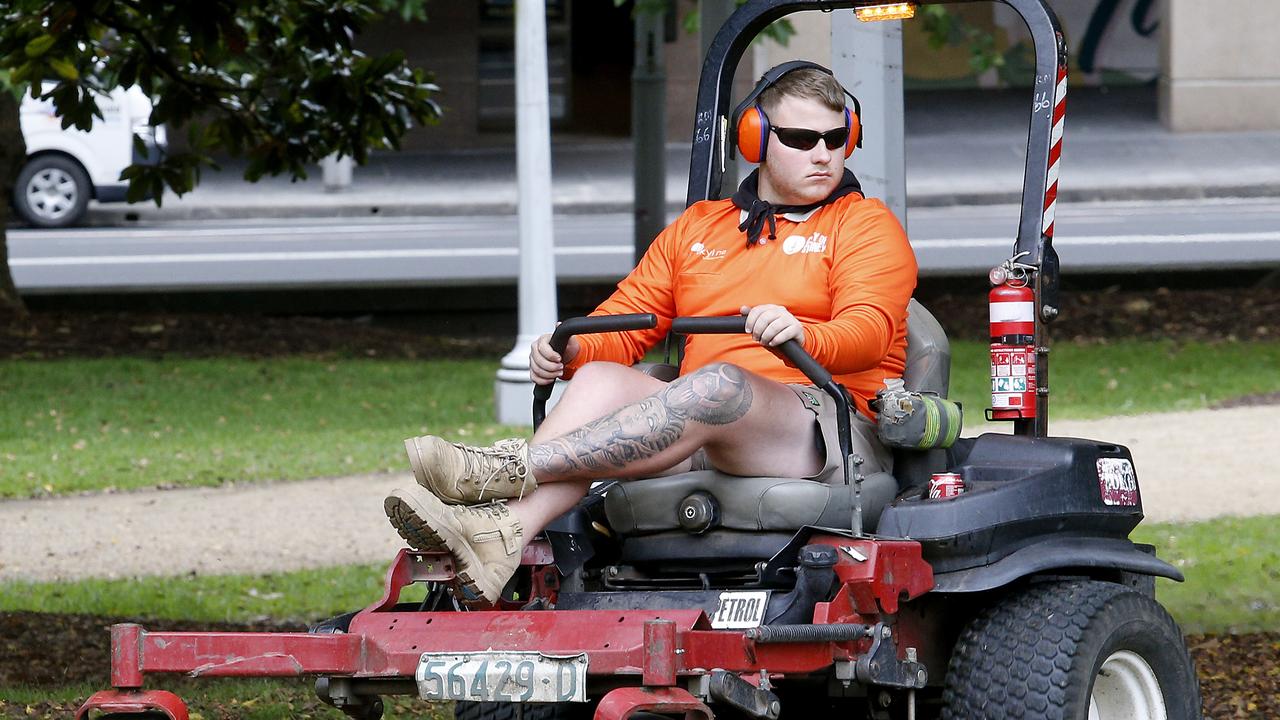‘Profound conflict of interest’: PwC boss accused of hiding extra income in senate hearing
PwC’s chief executive is facing a grilling over his “profound conflict of interest” in a probe into the firm’s infamous tax scandal.
PwC Australia boss Kevin Burrowes hid from a parliamentary probe and his own ethics chief that he was “serving two masters” by receiving an additional $1.2m from the consultancy giant’s international parent, a bipartisan committee looking into the PwC tax scandal has heard.
Mr Burrowes revealed he received the hefty sum for advising PwC International on the tax scandal on top of the $2.8m salary he disclosed as PwC Australia’s chief executive.
The explosive charge came from Corporations and Financial Services Committee chair Deborah O’Neill during a hearing on Friday. She called it a “profound conflict of interest”.
O’Neill lambasted Mr Burrowes for “misleading” her by not disclosing the secondary salary at a previous hearing.
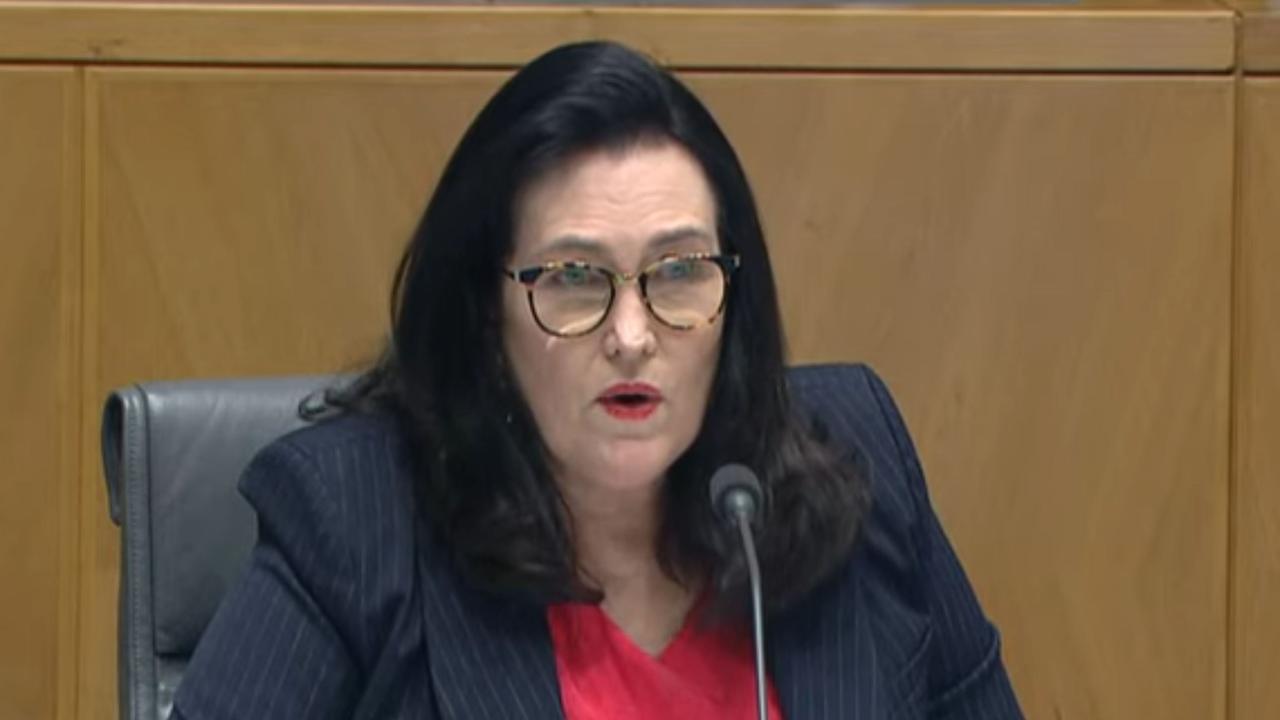
Asked if he could see how the failure to disclose the $1.2m looked dodgy, Mr Burrowes said he believed questions levelled at him previously were exclusively focusedon his role as PwC Australia chief executive.
“I’m happy to discuss that other role,” he said.
“I actually don’t believe it is a conflict, and I’m happy to discuss that in detail.”
The Labor senator shot back, saying Peter-John Collins, the ex-PwC partner at the centre of the tax scandal, “didn’t believe it was a conflict to take information from the government” and share it with the firm’s corporate clients.
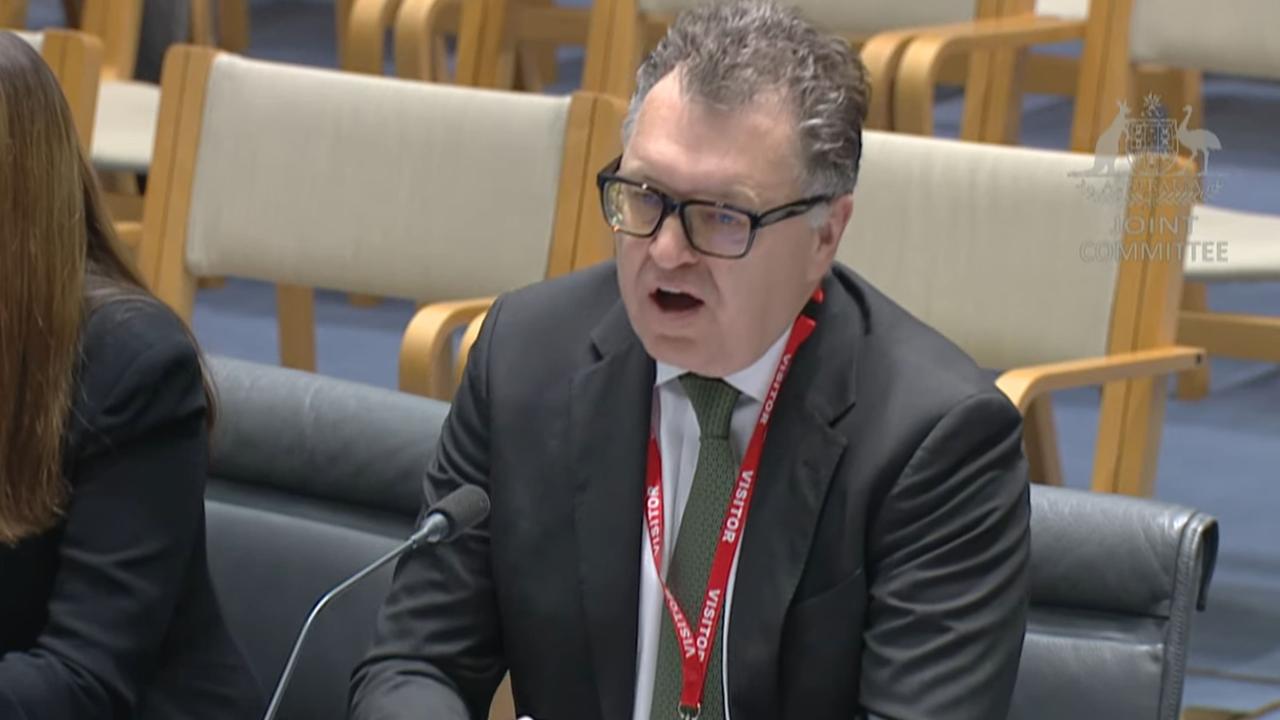
“I’m starting to be very concerned that there are a number of people floating around in this PwC ecosystem, who are not … considering there are conflicts of interest when to any other independent observer, your decision to accept payment from two masters is replect with conflict of interest.”
“So we are perceiving this extremely differently, Mr Burrowes, and I can’t understand why you don’t see that as a conflict.”
The committee’s deputy chair Alex Hawke also weighed in, telling Mr Burrowes the government was having “a terrible time” getting transparency from PwC.
“Do you see we’re a key stakeholder of yours?” Mr Hawke said.
“If you’re restructuring your firm completely from top to bottom … you’ve got a million things here, but why can’t we have transparency about what has happened and why it has happened?”
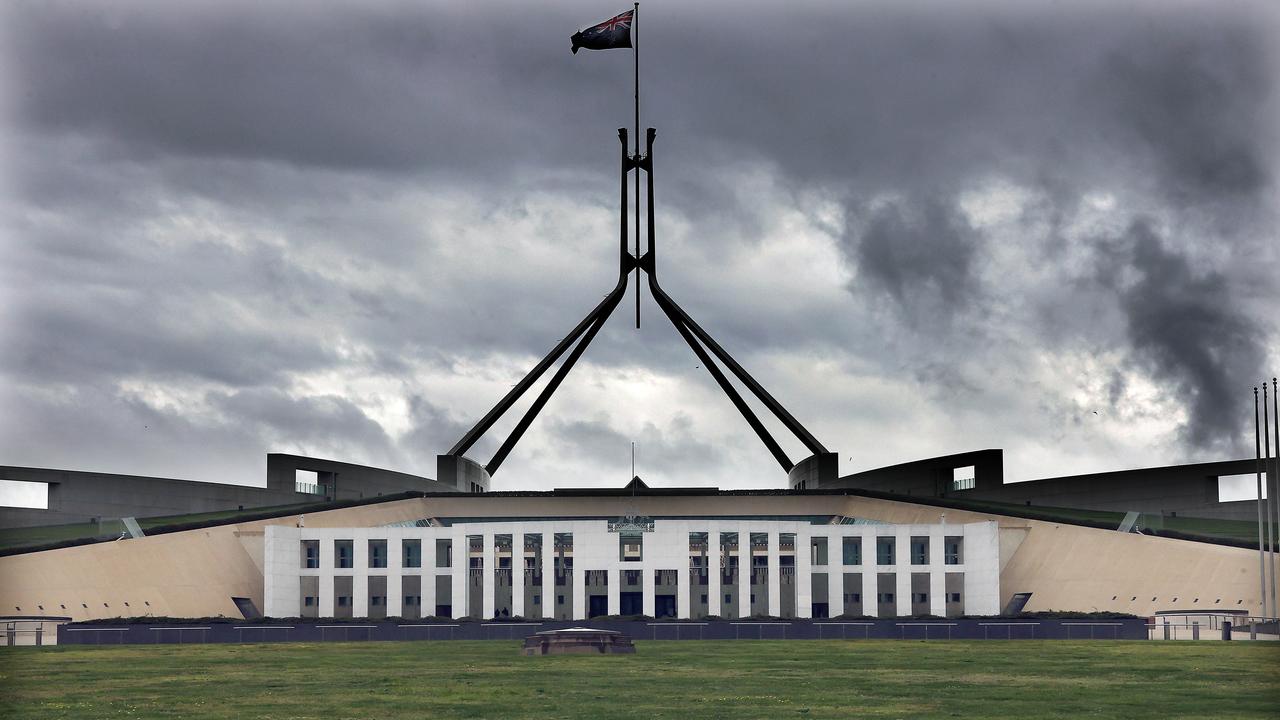
Mr Burrowes hit back, telling the committee “we have been extraordinarily transparent with you”.
“We have answered hundreds of questions,” he said.
Mr Hawke was quick to disagree.
“Volume of transparency in a firm like yours doesn’t really impress me,” the Liberal MP said.
“You can be transparent about 99.9 per cent of things (that) are mundane.”
He went on to say the committee did not “feel” PwC had been transparent where it was really needed.
“We don’t feel like you’ve been upfront with us about everything,” he said.
The parliamentary committee is probing the roles of current and former PwC Australia management in leaking government plans to tax big corporations in a scandal stretching back nearly a decade.
The misconductwas disclosed in 2022 when Peter-John Collins, a key architect of legislation targeting tax-dodging multinationals, had his tax licence suspended for integrity breaches.
Further probes revealed PwC used Mr Collins’ insider knowledge to lure in clients, advising them on taxation in Australia.
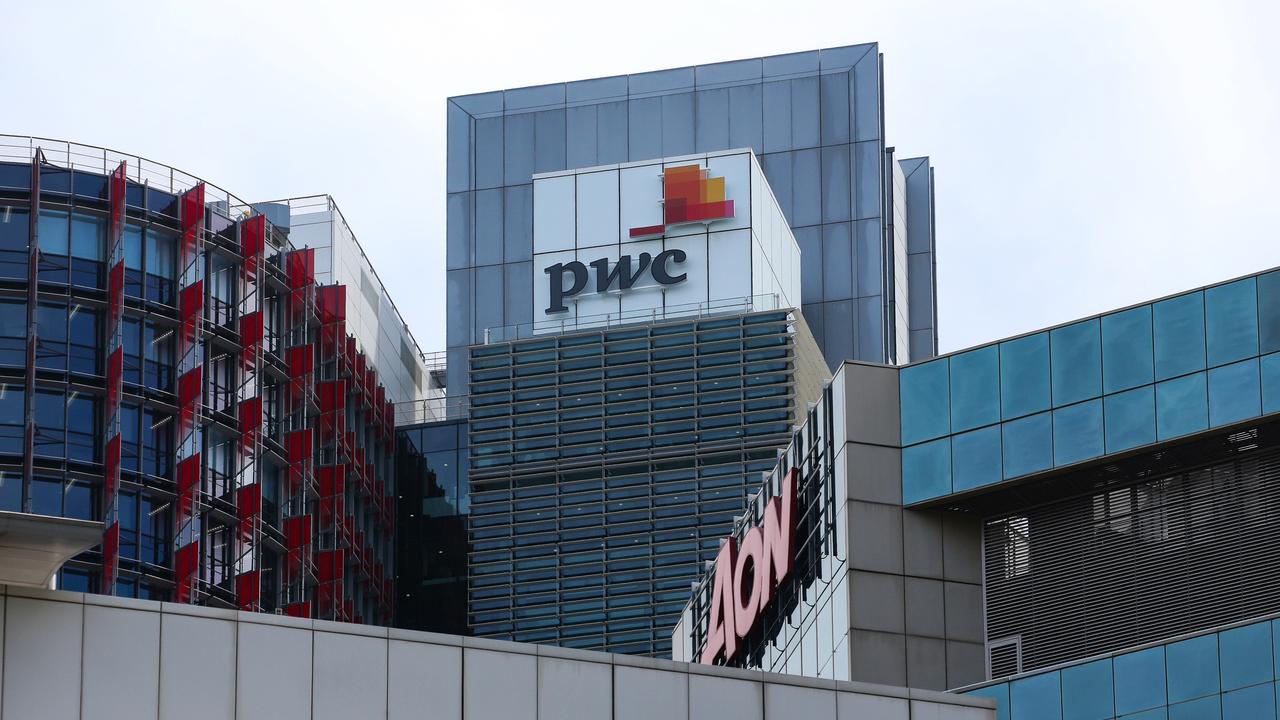
Mr Burrowes has held several senior roles across PwC’s international operations since first joining the accounting behemoth in 1986.
He was parachuted into the top job at the Australian arm in June last year after a stint in Singapore as Global Clients and Industry Leader.
More Coverage
While Mr Burrowes brushed off the parliamentary committee’s concerns about supplementary renumeration from PwC International, two of his predecessors took a different view when they fronted the hearing on Friday afternoon.
Former chief executive Luke Sayers told the hearing he “would believe the Australian partners would perceive there to be a conflict.”
Former CEO Tom Seymour said he was surprised to learn of Mr Burrowes’ extra cash, saying it was “highly irregular”.



